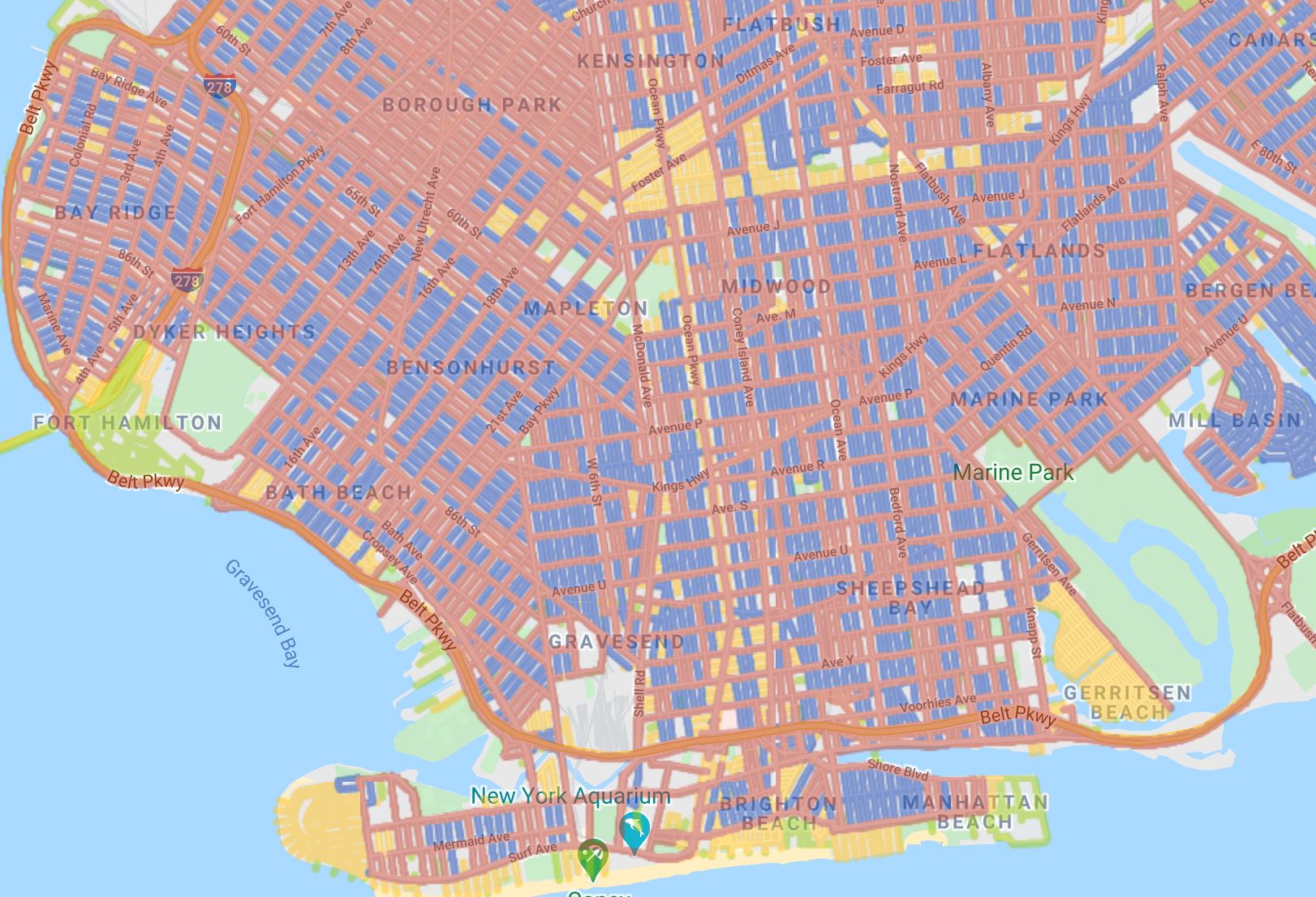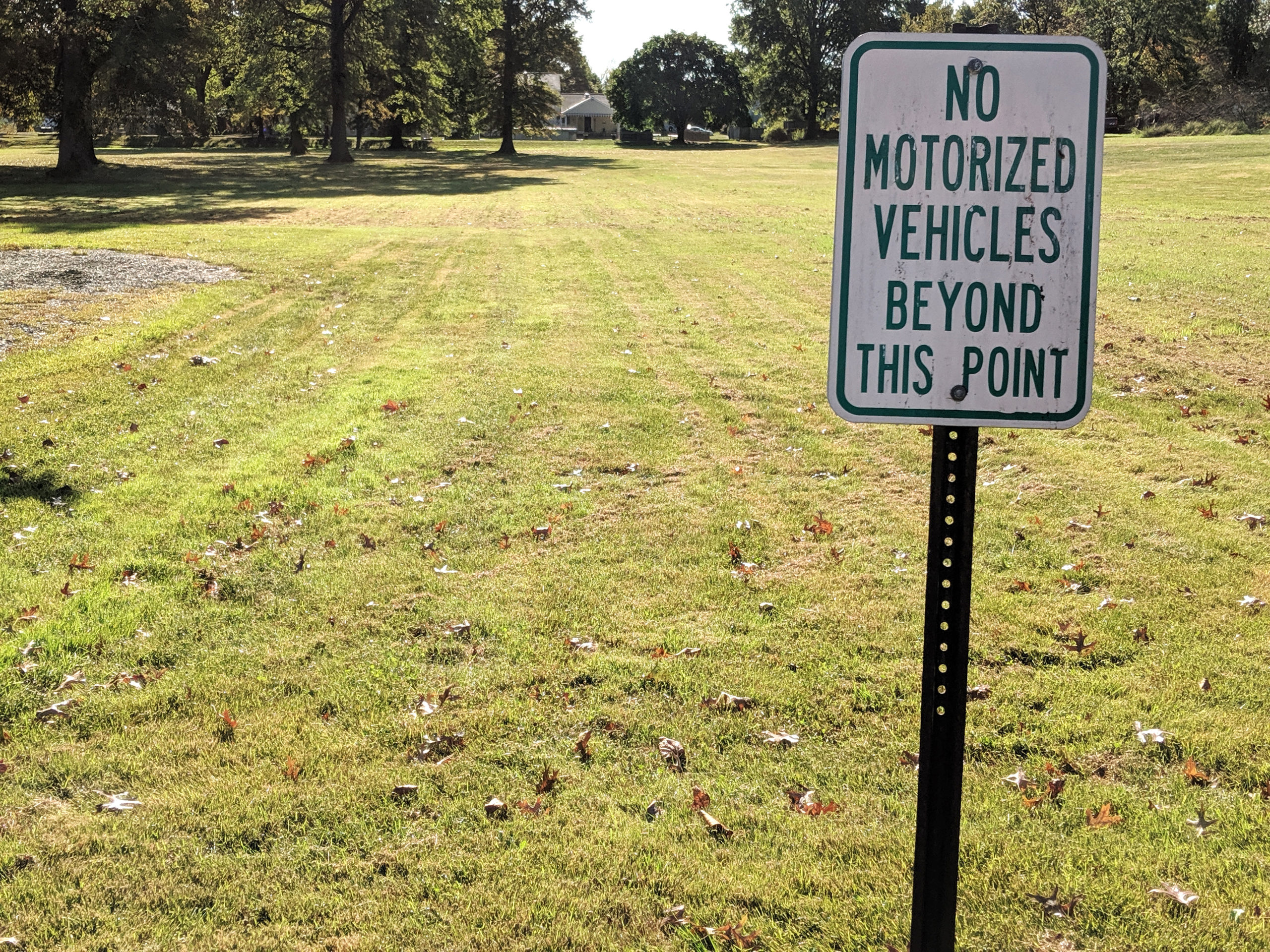An easement by prescription (or prescriptive easement) is a legal right that allows a person to use another person’s land without their permission. It is similar to an easement by grant and an easement by necessity, but it is different in that it is created by use of the land (rather than by a grant or a necessity).
An easement by prescription arises only after certain conditions are met. For example, suppose a person starts using another person’s property for some sort of purpose — such as access to a water line that runs through the property — without permission and for a set period of time. If that specific purpose (or use) continues for an extended period of time and goes uninterrupted, then the landowner may no longer object to the use of their land — that’s because a person who uses another person’s land for a longer time or in a more frequent manner than he or she would otherwise allow (and meets the below requirements), then that generally meets the definition of “easement by prescription.”
Easement by Prescription Requirements
The first requirement for an easement by prescription is that the use of the land must be obvious and continuous. This means that the trespasser must be doing something on the property that is not only visible to others, but also clearly different from what a normal person would do on their own land for an extended period of time. For example, if a neighbor occasionally walks across your field, this is not enough to sustain an easement by prescription. However, if they clear out some of your trees and construct a fence and continues to use that portion of the property for a number of years, then it’s “obvious” and “continuous,”
The second requirement for an easement by prescription is that it must be “adverse” and “hostile.” This means that the use of the land by the claimant must be in a way that harms the current owner of the land.
The third requirement for an easement by prescription is that the trespassing must go uninterrupted for a certain period of time. This means that the trespasser must be making use of the land without permission for a specific number of years (the exact number varies by jurisdiction) and without gaps in use. This is usually between 5 and 30 years, but it can be longer in some states. For example, in Maine, the trespasser must make use of the land for at least 21 years before an easement by prescription will be granted.
The fourth requirement for an easement by prescription is exclusivity. This means that the trespasser must be the only person using the land. If there are multiple people using the same land, it cannot be an easement by prescription. For example, if a neighbor is using your land to pasture their animals, but you also use it to graze your own animals, this would not be an easement by prescription.
The final requirement for an easement by prescription is that the use of the land must be open and notorious. This means that the occupier (or trespasser) must have been using the land openly and without secrecy. If they were using it secretly, the original owner of the property would not have known about it and would not have had a chance to object. The law presumes that if a person has been making use of land for a long enough time and has been open about it, they would have been noticed by those around them.
Easement by Prescription Example
Imagine that you live on a farm in rural Maine. One day, you discover that your neighbor has been using a portion of your property for a few years to graze their animals.
- Since this use of your property is obvious and continuous, it satisfies the first requirement for an easement by prescription.
- Since their use of your property is also adverse and hostile in a sense that it disadvantages you (the owner), it satisfies the second requirement.
- Since their use of your property has been going for at least x number of years without interruption, it satisfies the third requirement.
- Since their use of your property was only used by them, and not used by both of you, it satisfies the fourth requirement.
- And finally, since they are making use of your property openly and without secrecy, it satisfies the fourth requirement.
Is an Easement by Prescription Bad?
For most situations, the answer is complicated and really depends on what side of the fence you’re on.
If it’s your land, the fact that your neighbor has been using a portion of your property for so long means that they probably have a legitimate claim to your land. And unfortunately (and for obvious reasons), because they have made use of it for so long without any objection from you, then they may have a pretty strong claim — not exactly ideal for someone that wants to keep their property.
On the other hand, if you’re the trespasser, then you’re officially gaining what you’ve been using anyway. You’ve been using if for so long in an obvious and exclusive manner that you’ve officially established a legal way to use their land.
So is it good or bad? It depends on who you are.

